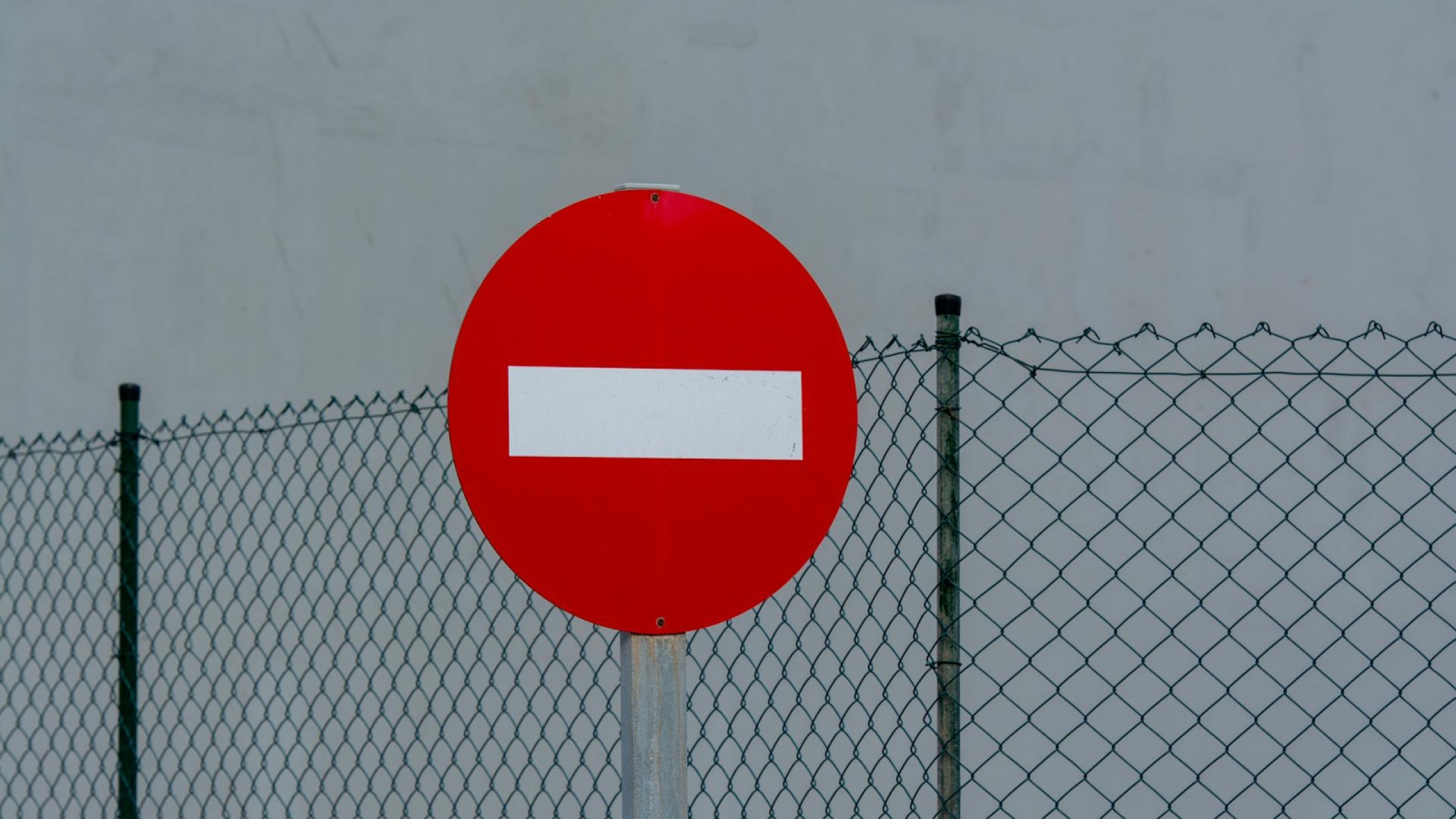Euroclear is the main operator in scope, as the European Commission seeks to take the next steps with a plan to channel value from immobilised Russian assets at European central securities depositories, for damage payments to Ukraine. The Commission estimates that the method could generate up to 3 billion euro per year to the invaded country, reports the Financial Times.
The Financial Times article quotes European Commission vice-president Valdis Dombrovskis, with whom the paper has spoken directly.
“It’s important to look at how we can use Russian immobilised assets and proceeds from those immobilised assets to support Ukraine,” he says.
The plan was discussed into the summer, then delayed “after several EU member states and the European Central Bank raised legal and financial concerns”. For the plan to result in money to Ukraine, all EU member states would unanimously need to agree on the plan, then every step of action along the way.
The money would come from assets owned by Russia’s central bank. Euroclear, described in the article as a Belgium-based depository, is said to hold 191 billion euro in Russian sovereign assets. However, the money for Ukraine would not be tapped from the nominal, but from the incomes generated by the capital.
“Euroclear is already separating profits voluntarily, and earned €3bn in income on all Russian assets in the first nine months of this year alone. Not all those profits were generated from Russian central bank assets,” writes the Financial Times.
The first step of the EU plan would be to require CSDs to separate these incomes into dedicated accounts. Then, in a second step, they would be moved into the EU’s common budget, for supporting Ukraine.
[Update 20 December: In email correspondence with PostTrade 360°, the Commission confirms that this proposal was adopted by the College of Commissioners on 12 December, now pending unanimous adoption by the EU member states. “We will therefore wait for the Council to discuss and adopt our proposals before communicating them publicly,” writes the spokesperson.]












